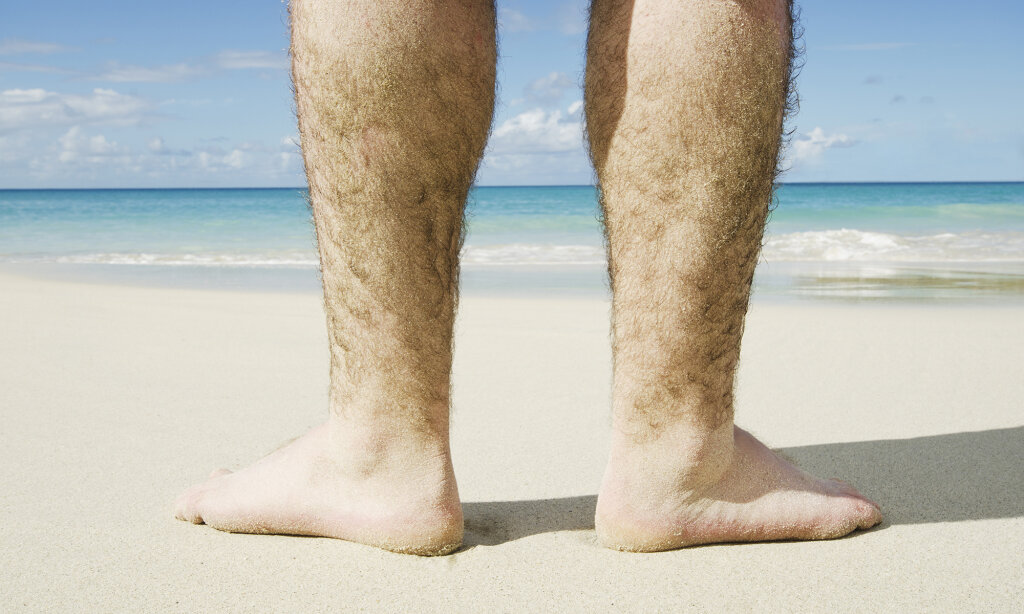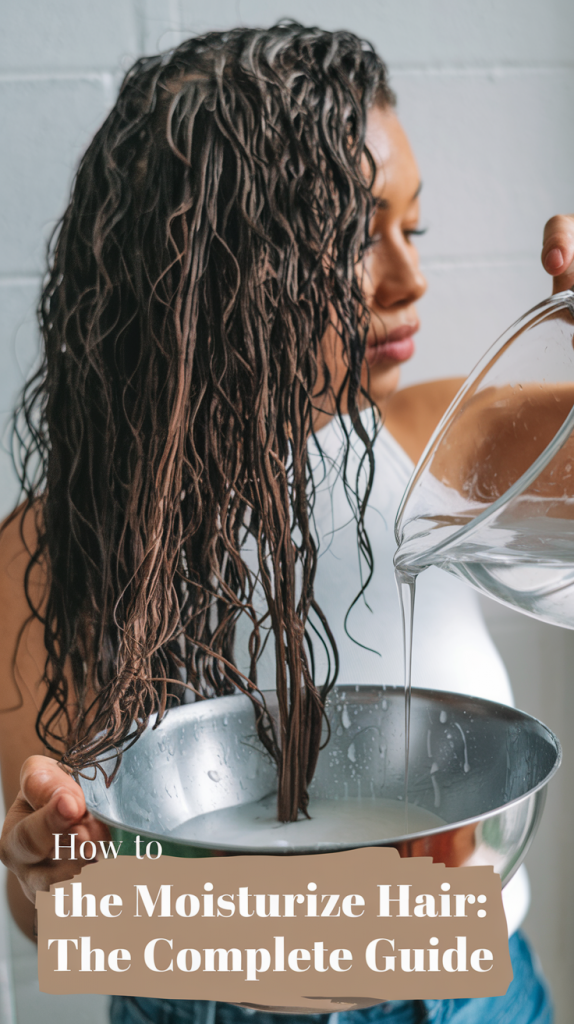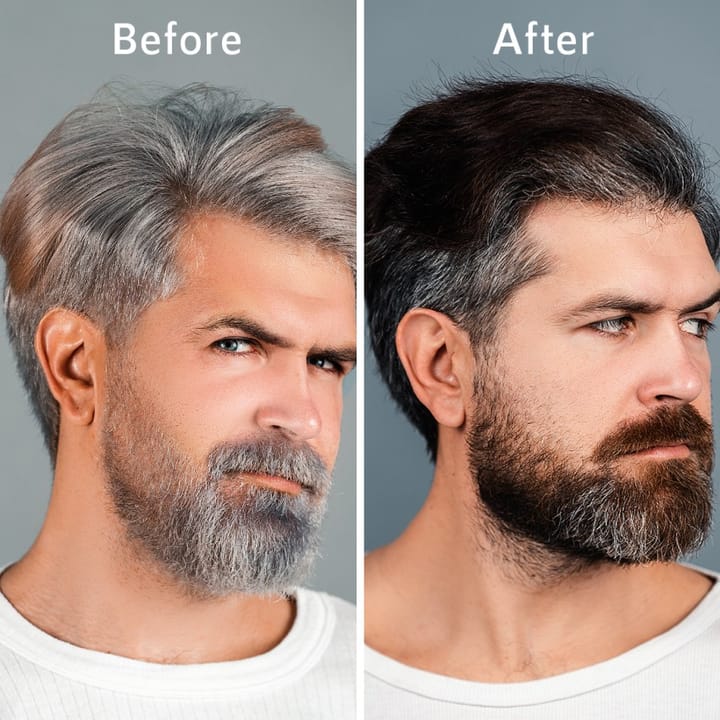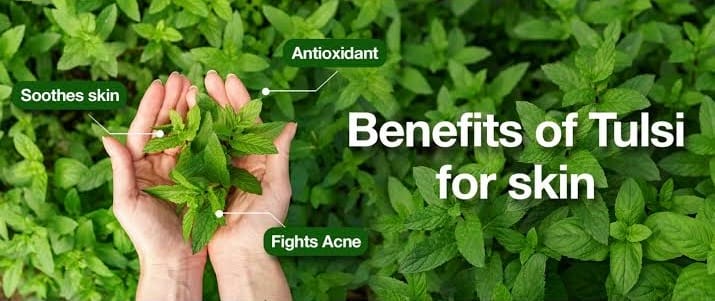Not Just Furry Leftovers - The Surprising Science Behind Why We Still Have Body Hair

Let's be honest, body hair can sometimes feel like a biological prank. We spend time and money removing it, styling it, and sometimes just wishing it wasn't there. But before you book your next waxing appointment, consider this: that seemingly insignificant fuzz actually plays a fascinating role in our biology, a role shaped by millions of years of evolution.
Beyond the Fur Coat: Unveiling the Functions of Body Hair
While our ancestors may have rocked a full-body fur coat, our relationship with body hair has evolved significantly. We may not be sporting thick fur anymore, but those fine hairs sprinkled across our bodies still serve several critical functions:
1. Regulating Body Temperature
Think of your body hair as a personal thermostat, albeit a less efficient one than our ancestors enjoyed. Each hair follicle is connected to a tiny muscle called the arrector pili muscle. When we get cold, these muscles contract, causing the hairs to stand erect (goosebumps!). This action traps a thin layer of air close to the skin, providing a small degree of insulation. Conversely, when we're hot, these muscles relax, allowing heat to escape more easily.
2. Enhancing Sensory Perception
Believe it or not, those tiny hairs are incredibly sensitive to touch. Each hair follicle is packed with nerve endings that send signals to the brain, providing information about our surroundings. This enhanced sensitivity helps us detect even the slightest touch, changes in temperature, and even the presence of insects crawling on our skin. This heightened awareness likely played a crucial role in our ancestors' survival, alerting them to potential dangers.
3. Protecting Against Friction and Injury
Body hair acts as a natural barrier, reducing friction between our skin and clothing, other surfaces, and even other body parts. This is particularly important in areas like the armpits and groin, where skin-on-skin contact is common. By reducing friction, body hair helps prevent chafing, irritation, and skin damage.
4. Playing a Role in Sexual Signaling
The development of body hair, particularly pubic hair and underarm hair, coincides with puberty, suggesting a connection to sexual maturity and attraction. While the exact role of body hair in human sexual signaling is complex and not fully understood, it is believed to play a role in pheromone dispersal, potentially influencing perceptions of attractiveness and mate selection.
From Fur to Fuzz: Tracing the Evolutionary Journey of Body Hair
To understand why we still have body hair, it's helpful to look back at our evolutionary history. Our early ancestors, like most mammals, sported a thick coat of fur that provided insulation, camouflage, and protection from the elements. However, as humans evolved and began walking upright on two legs, the need for such extensive body hair diminished.
One prominent theory posits that as early humans ventured into hotter climates and developed more sophisticated hunting techniques that involved prolonged periods of physical activity, they needed a way to regulate their body temperature more effectively. This led to a gradual reduction in body hair, allowing for greater heat dissipation through sweating.
While we may have traded in our fur coats for more efficient cooling systems, the fact that we retain body hair, albeit in a reduced form, suggests that it continues to provide some evolutionary advantages in terms of sensory perception, protection, and perhaps even social signaling.
Beyond Aesthetics: Embracing the Functional Beauty of Body Hair
In a world obsessed with smooth skin, it's easy to forget the fascinating and multifaceted role body hair plays in our lives. Those fine hairs, often dismissed as mere aesthetic nuisances, are a testament to our evolutionary history and continue to serve important functions in our daily lives, from regulating temperature to enhancing our senses. So, the next time you're debating whether to reach for the razor, consider the intricate biology beneath the surface – you might just start appreciating those "furry leftovers" a little bit more.
.png)

















Comments ()